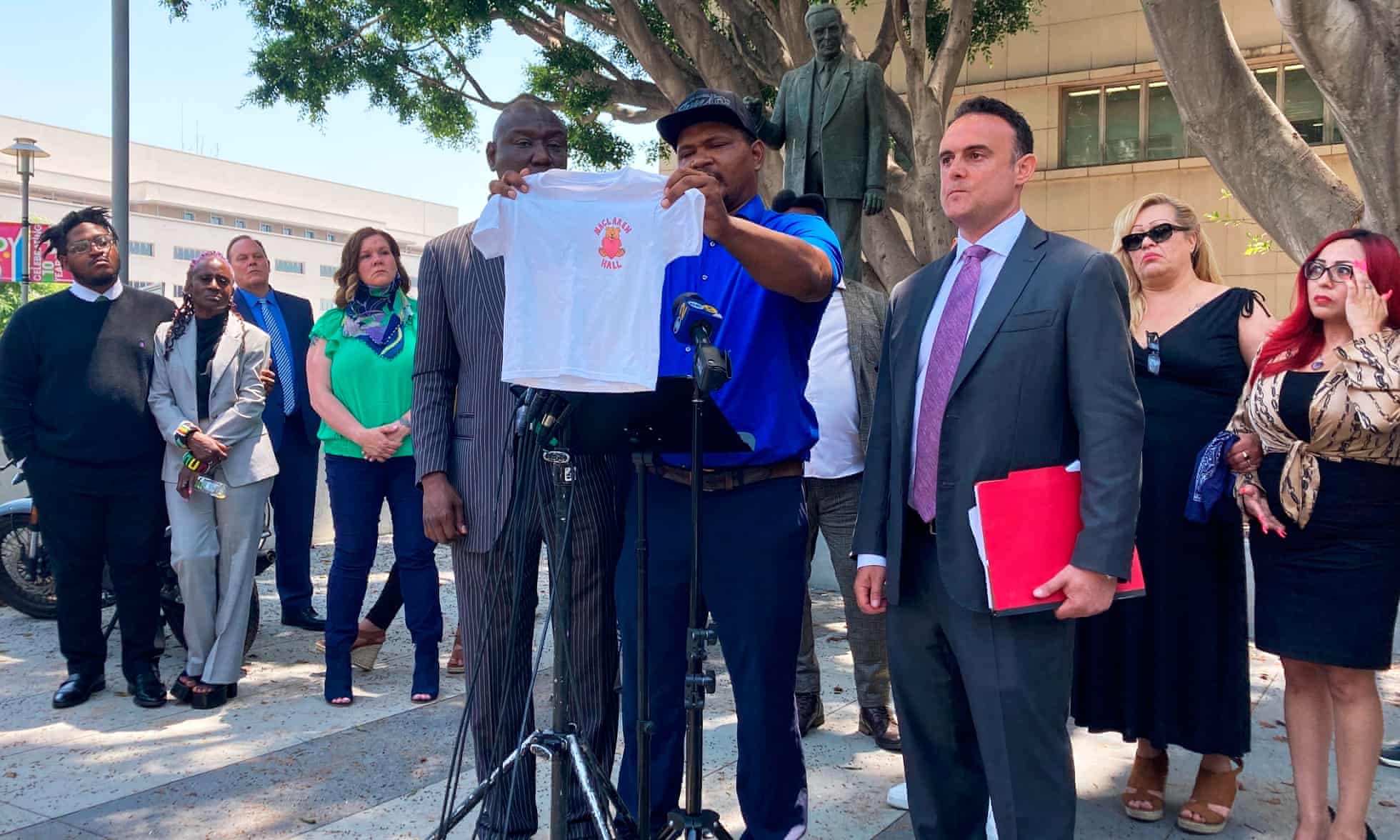For the NSA, the task was easy. The agency had already obtained technical information about the cellphone carriers’ internal systems by spying on documents sent among company employees, and these details would provide the perfect blueprint to help the military break into the networks.
The NSA’s assistance in the Libya operation, however, was not an isolated case. It was part of a much larger surveillance program—global in its scope and ramifications—targeted not just at hostile countries.
According to documents contained in the archive of material provided to The Intercept by whistleblower Edward Snowden, the NSA has spied on hundreds of companies and organizations internationally, including in countries closely allied to the United States, in an effort to find security weaknesses in cellphone technology that it can exploit for surveillance.
The documents also reveal how the NSA plans to secretly introduce new flaws into communication systems so that they can be tapped into—a controversial tactic that security experts say could be exposing the general population to criminal hackers.





 Ukraine's President Volodymyr Zelenskiy confirmed for the first time on Monday that Ukrainian troops have been...
Ukraine's President Volodymyr Zelenskiy confirmed for the first time on Monday that Ukrainian troops have been... Los Angeles county has reached a $4bn agreement to settle nearly 7,000 claims of sexual abuse...
Los Angeles county has reached a $4bn agreement to settle nearly 7,000 claims of sexual abuse...






























